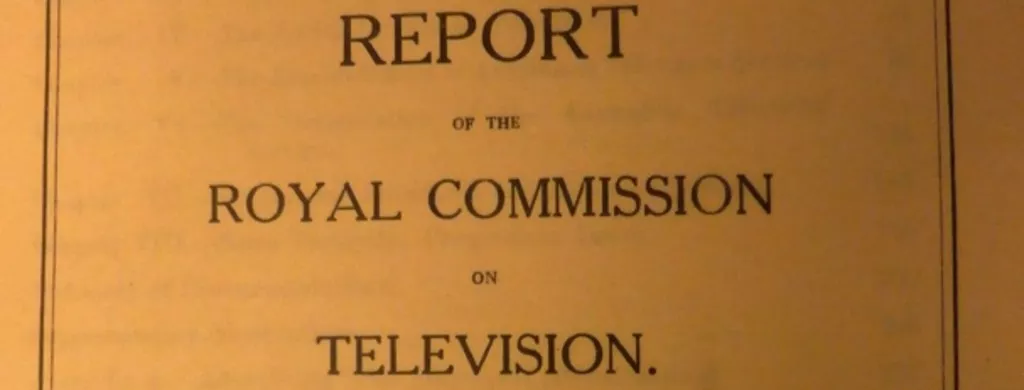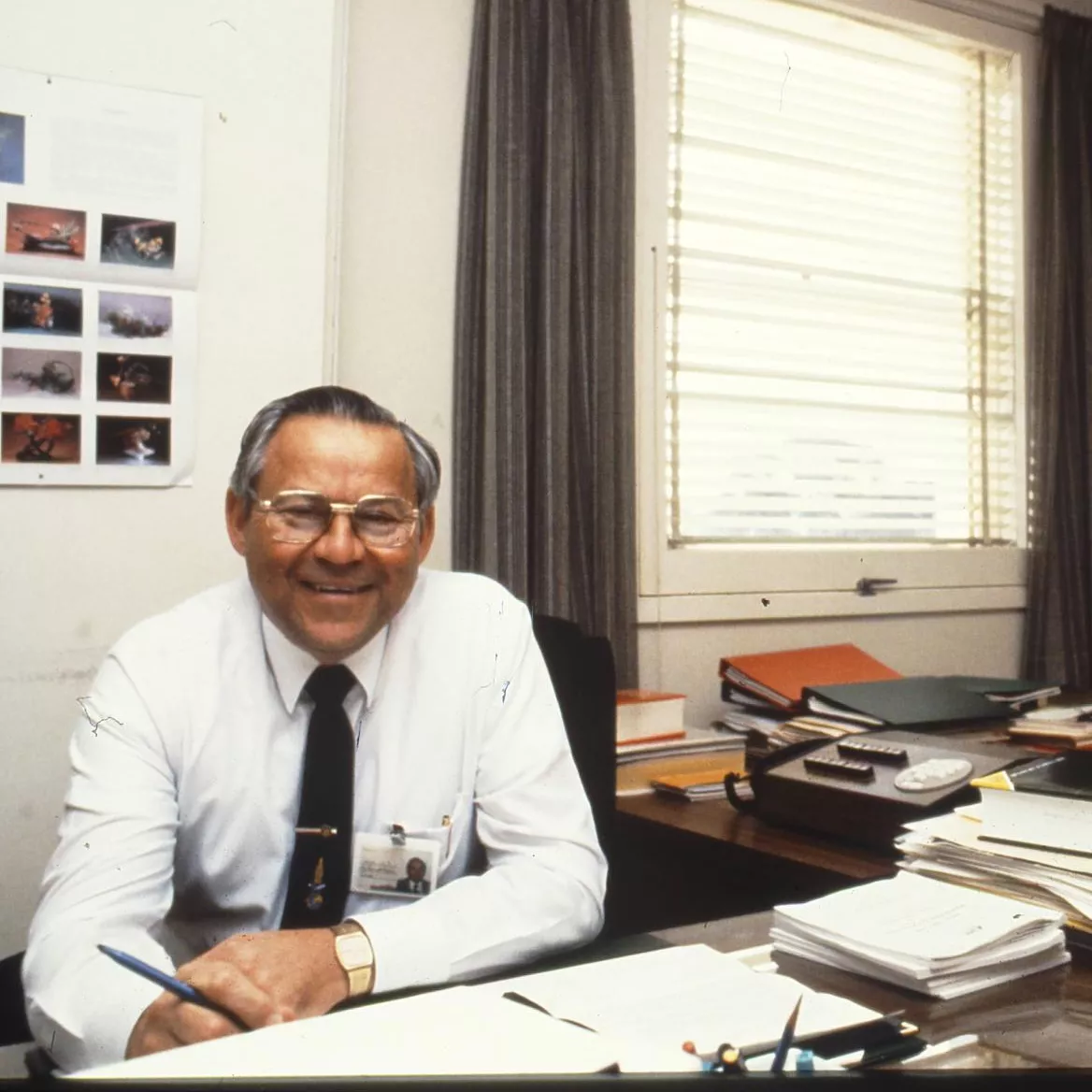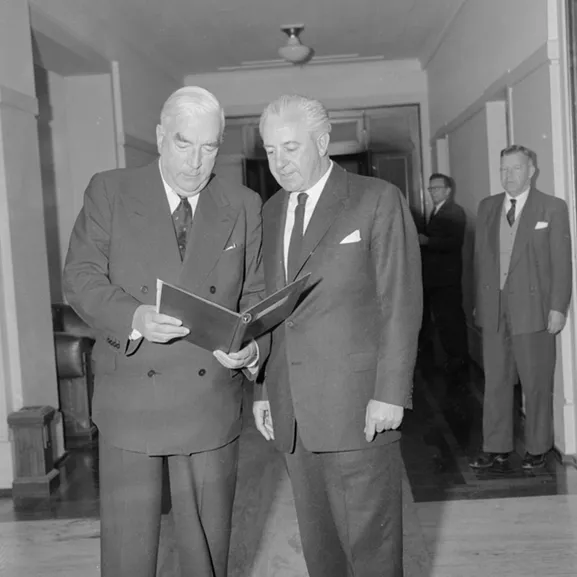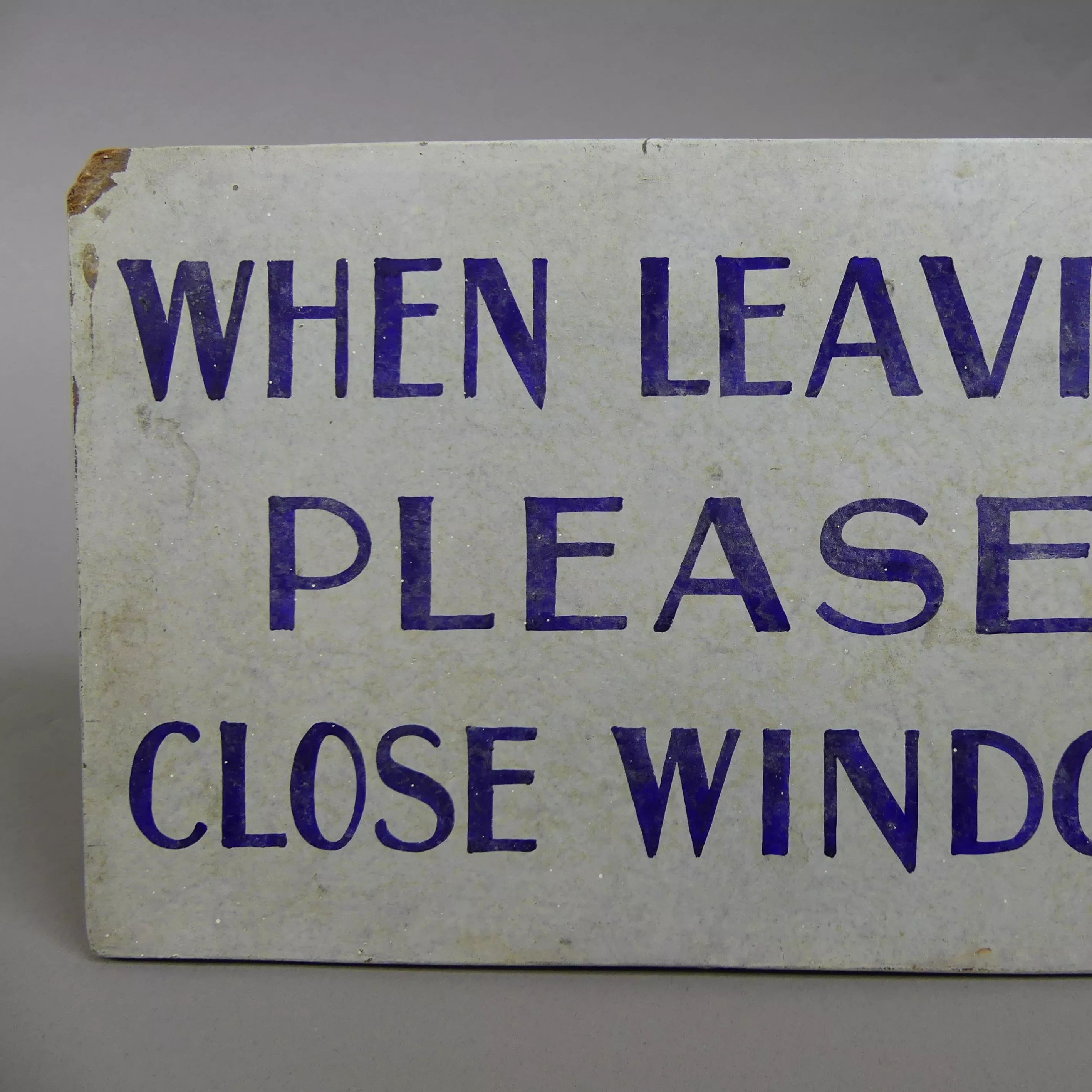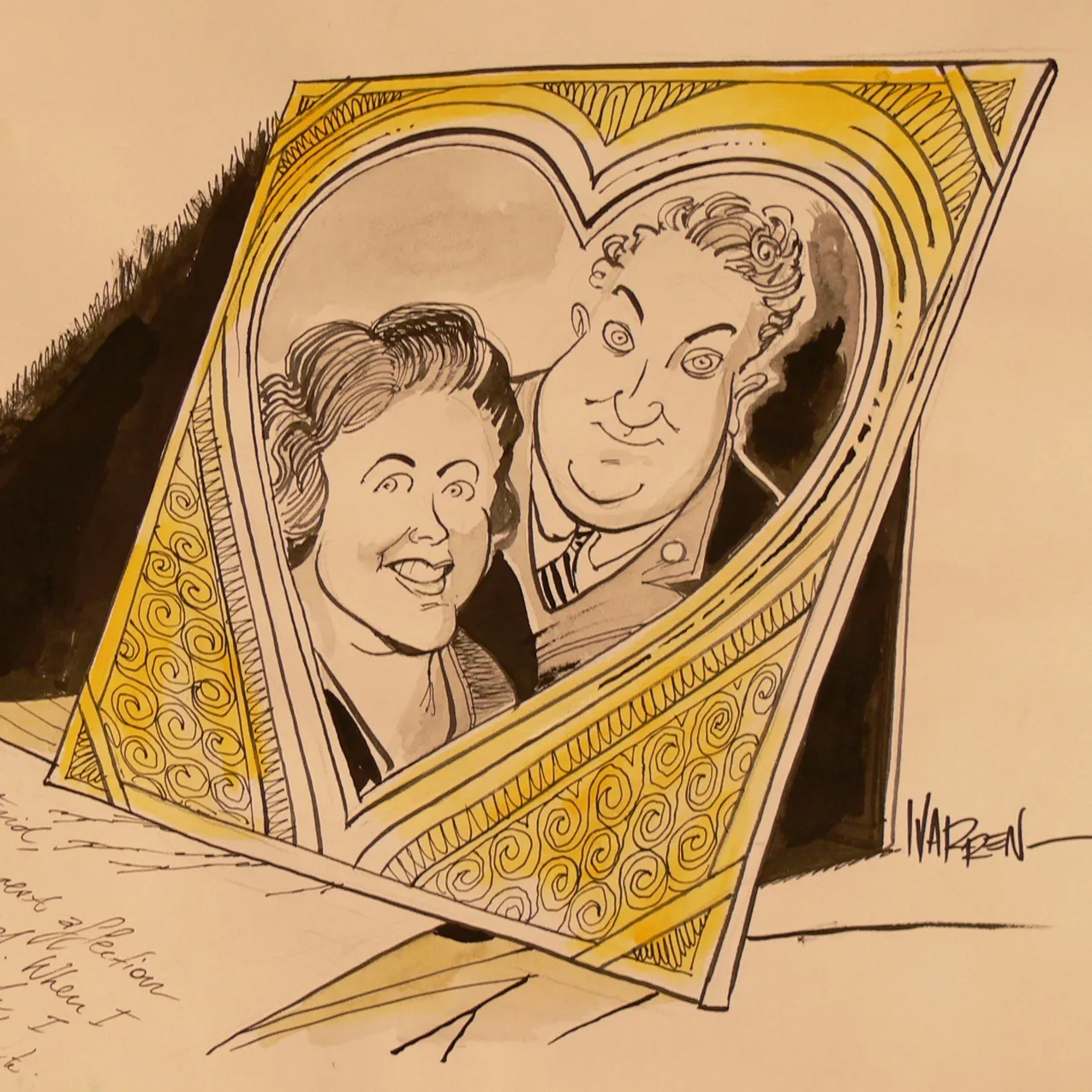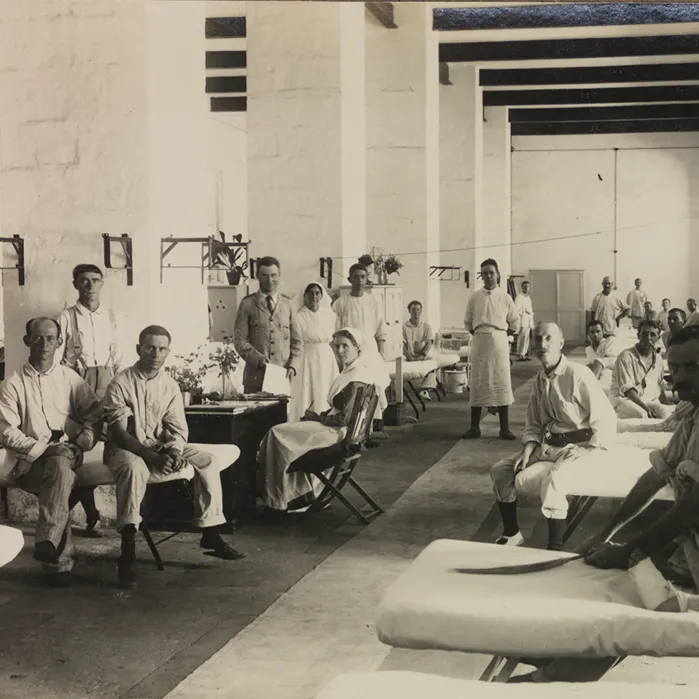Royal commissions: what are they and how do they work?
- DateThu, 12 Nov 2015
In 2015, Australia had two royal commissions under way: the Royal Commission into Institutional Responses to Child Sexual Abuse and the Royal Commission into Trade Union Governance and Corruption.
As the highest form of inquiry on matters of public importance, a royal commission is formally established by the governor-general on behalf of the Crown and on the advice of government ministers. The government decides the terms of reference, provides the funding and appoints the commissioners, who are selected on the basis of their independence and qualifications. They are never serving politicians.
The Trade Union Royal Commission is Australia's 132nd since 1902, when the Royal Commissions Act was passed, giving the federal government the power to establish a royal commission. (The figure of 132 does not include those called by state governments.)
Australia's first royal commission was held that year to look into the disastrous transportation of troops on the SS Drayton Grange returning from service in the Boer War in South Africa. It found that there had been serious overcrowding, lack of discipline and a measles epidemic on the voyage.
Royal commissions may be called by the federal government alone, or by the federal government and a state government. Or just by a state government. Recently, the government of South Australia called a royal commission into the nuclear fuel cycle.
Royal commissions usually fit two categories: those that are primarily investigative, seeking to uncover the truth about something, and those that are advisory, seeking to assist the formulation of government policy. Needless to say, there can be overlap.
TV or not TV?
An example of an advisory royal commission is the Royal Commission on Television held from 1953 to 1954. Australia did not yet have television and the Menzies government did not have a definite policy on it. Yet it was an important question. The Royal Commission was established with a view to reporting on the number of commercial television stations that would be appropriate and the standards required in programming, especially in relation to controversial and religious issues.
Royal commissions allow for input from the public through written submissions and presentation at hearings. The Royal Commission on Television received submissions from a wide range of individuals and organisations across Australia, including religious groups opposed to its introduction and media businessmen supporting it. There were also submissions from farmers, women's groups, cultural organisations, trade unions, academics and the ABC board.
The Royal Commission recommended that television should be introduced, with both commercial and public stations and government regulation over the number of stations that could be owned by a company.
Reports of royal commissions are initially sent by the commissioner to the governor-general, who then commands that the report be tabled in Parliament. The report of the Royal Commission on Television was tabled in the House of Representatives on 28 September 1954. It gave Menzies the basis for a clearer policy and television began in Australian two years later, in time for the 1956 Olympic Games in Melbourne.
Sometimes, interim reports are tabled, as is the case with the two current federal royal commissions. The Sexual Abuse Royal Commission, due to issue its final report in December 2017, issued an interim report that was tabled in June last year, while the Trade Union Royal Commission, scheduled to end in December this year, issued an interim report last December.
Ad hoc, temporary and costly
Royal commissions are ad hoc temporary bodies but they can last for many years and be very costly to the taxpayer.
They are not judicial; they bring down no verdicts. But they can refer matters to the police. They can summon and cross-examine witnesses under oath and can offer indemnity to individuals who cooperate. They travel to capital cities, regional centres and towns to hear evidence and pursue open processes, though evidence may be given in a closed hearing in certain circumstances.
However, they also have very wide-ranging coercive information-gathering powers, including right of entry and phone-tapping. Also, contrary to common law, there is no protection against self-incrimination for those who appear before a royal commission.
There have been occasions, such as the Petrov Royal Commission in 1954 and the current Trade Union Royal Commission, when their establishment has provoked accusations of political motivation on the part of governments.
Royal commissions are the public inquiry of 'last resort'. Being very expensive, they are usually used sparingly by governments. An exception was the Whitlam government which, over its three years in power, established thirteen royal commissions, including one into 'human relationships' in 1974.

